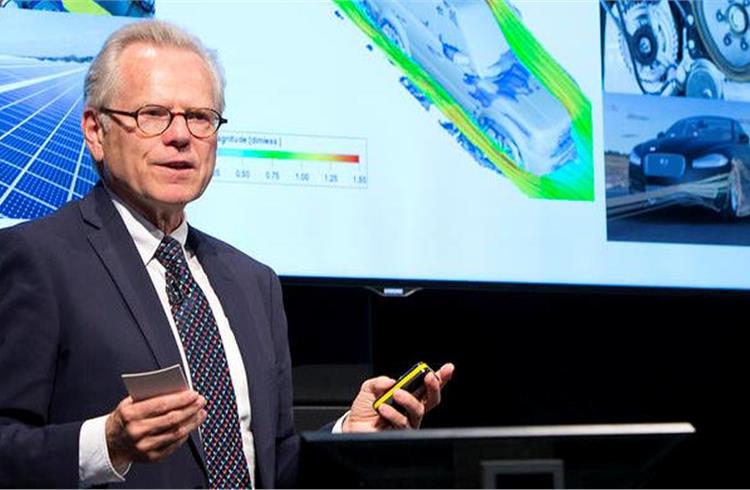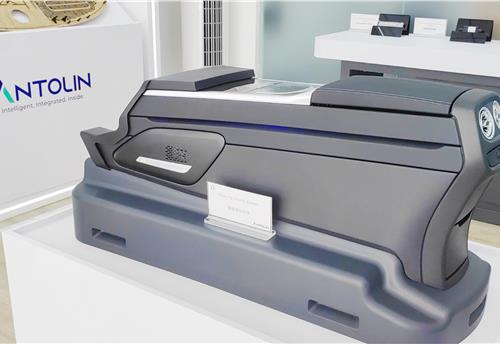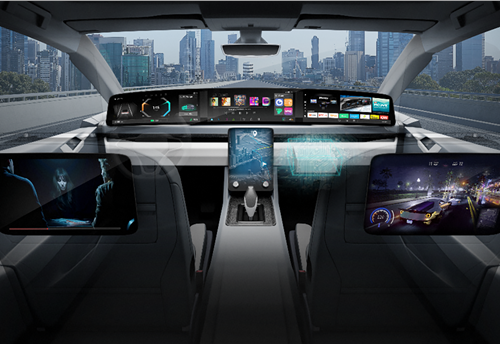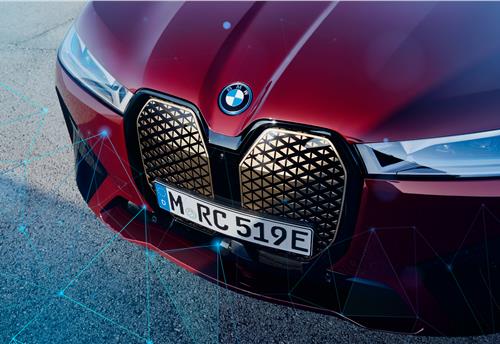Hydrogen fuel cells a "complete nonsense" says JLR's technical design chief
Wolfgang Ziebart, the man who oversaw the I-Pace's development, has dismissed hydrogen as a fuel for cars due to poor well-to-wheel energy efficiency.
Jaguar Land Rover’s technical design director Wolfgang Ziebart has dismissed hydrogen-powered fuel cell vehicles as a “complete nonsense”.
Ziebart, who was appointed by JLR boss Ralf Speth in 2013 to orchestrate the development of the company’s I-Pace battery electric vehicle, said hydrogen did not make sense as a fuel for electric vehicles due to its inherent poor efficiency.
“The well to wheel relationship from the energy source to the vehicle is a disaster,” he said.
The process of producing the hydrogen and then compressing and cooling it for use in a fuel cell vehicle uses a great deal of energy.
“You end up with a well to wheel efficiency of roughly 30% for hydrogen, as opposed to more or less well to wheel 70% efficiency for a battery electric vehicle,” explained Ziebart. “So the efficiency of putting the electric energy directly into a battery is about twice as high as the efficiency of producing and using hydrogen.
“Also, you have to consider the fact that the battery itself has a high efficiency of around 90% or so.”
“This is the most important argument. The other stuff – for example, the infrastructure for hydrogen fuel cell refuelling not being developed yet – that can be overcome. If there was a strong reason to have a hydrogen infrastructure, then I think it would be set up, but with this disastrous well-to-wheel relationship, it doesn’t just make sense.”
Ziebart conceded that hydrogen production “makes some sense if you just want to get rid of energy”. This is particularly applicable in Germany, which often ends up with a power surplus in the electricity grid because it has a lot of coal power plants that cannot be easily adjusted to control the energy production.
“In Germany we have a so-called ‘power to gas’ (P2G) initiative as the German electric grid is very inflexible,” he said. The P2G initiative converts excess electrical energy into hydrogen gas.
A recent study by scientists at Stanford University and the Technical University of Munich, published in the journal Energy, concluded that battery electric vehicles offer a more affordable way to reduce carbon dioxide emissions than cars powered by hydrogen. The study cited lower costs and higher energy efficiency as the key reasons why it recommended BEVs.
Read more: Jaguar's I-Pace battery electric vehicle
RELATED ARTICLES
Antolin unveils sustainable tech solutions at Beijing Motor Show
In line with its China market roadmap, Antolin is showcasing its latest advances in lighting, HMI, electronics, and sust...
Visteon wins $1.4 billion in new business in Q1 2024, launches 26 new products
Digitisation of vehicle cockpit megatrend is a key growth driver for Visteon with over $400 million of displays wins; Vi...
BMW uses Catena-X ecosystem using real-world CO2 data to enhance quality
Working together with partners and suppliers, the company has modelled a complete data chain for the first time using re...





 16 Nov 2016
16 Nov 2016
 4166 Views
4166 Views





 Autocar Pro News Desk
Autocar Pro News Desk




